Female Ambassadors discuss after a meeting of the United Nations Security Council on Liberia. (Source: UN) |
On the occasion of International Women in Diplomacy Day (June 24), let's explore with The World and Vietnam Newspaper the subtle marks that female Ambassadors and Heads of Permanent Delegations have brought to the United Nations Security Council (UNSC) over the years.
In 2014, the UN Security Council made headlines for an unprecedented reason: for the first time in history, women represented 30% of the permanent delegations and ambassadors. This milestone was hailed as a potential turning point for gender equality in diplomacy, as the UN Security Council had long been known for its all-male or very few female members.
In recent years (2021-2024), women have once again made up one-third of the Council’s Ambassadors and Heads of Permanent Mission (five women each year). This is a remarkable step forward from a gender equality perspective.
However, will this increase in female representation change the way diplomacy is conducted at the UNSC? The Peace Research Institute Oslo (PRIO) in Norway has compiled statistics, interviewed female Ambassadors, Heads of Permanent Missions and studied documents of UNSC meetings to provide an answer.
Gender platforms in diplomacy
Diplomacy has long been perceived as a male-dominated field, shaped by norms of effective diplomacy that are characterized by masculine traits: rationality, assertiveness, and detachment.
According to 2023 statistics, women make up only 21% of ambassadors worldwide. This gender imbalance is not only a matter of national representation, but also affects the way diplomacy is conducted.
Women entering the diplomatic field as ambassadors often have to navigate norms and expectations that are not intended for them. While the “masculine culture” of diplomacy is not inherent to the field, masculine traits and norms are deeply ingrained in diplomacy, contributing to the exclusion of women from the field.
This raises questions: how have gender norms impacted diplomatic practices and in what ways do they shape everyday interactions between ambassadors?
National interests have no gender.
One of the most persistent “labels” about women in diplomacy is that they will push a softer agenda, prioritizing humanitarian, peacebuilding, or socio-economic issues. This label is largely due to the traditional portrayal of women’s approaches to foreign policy as “moderate,” and men’s as “hawkish.”
Such thinking leads to the false assumption that women are more gentle, more empathetic, and more likely to promote humanitarian and social issues. However, PRIO's actual research has shown that this is not entirely the case.
Statistical analysis of the topics of UNSC meetings shows that there has been no significant increase in the so-called "women's issues" during the periods when female Ambassadors increased. Even in 2014 and 2021 - years when female Ambassadors and Heads of Permanent Missions occupied 30% of the seats - there was no clear change in the focus of the Council's topics. This was also confirmed by the words of a female Ambassador interviewed by PRIO: "National interests have no gender".
This reinforces one thing: ambassadors at the global governance level represent their country, their government, not their gender. Diplomats will advocate for their country's policy priorities regardless of personal beliefs or gender.
One could argue that this stems from the constraints of diplomatic missions, with ambassadors rarely setting their own policy agendas, as well as the rigid nature of the UNSC. However, even in more flexible formats such as the Arria format meetings, there has been no discernible change in the topics discussed by Council members in years with high representation of women.
Subtle changes
While female ambassadors may not change the topics discussed at the UNSC, they do influence the way diplomacy is conducted. PRIO has identified three key ways in which female Ambassadors and Permanent Mission Heads are reshaping diplomacy at the UNSC:
Promoting inclusion : Female Ambassadors and Permanent Representatives often promote more diverse participation, including inviting female experts and representatives from civil society organizations to share information at the Security Council. This reflects a broader commitment to inclusive diplomacy.
PRIO research shows a marked change in who has been invited to speak at UNSC meetings since the adoption of UNSC Resolution 1325, which put Women, Peace and Security on the UNSC agenda.
Promoting collegiality : Female Ambassadors and Permanent Representatives often develop close personal relationships with their female counterparts on the Security Council, creating informal support networks through chat groups. These relationships help foster trust and cooperation, even across political divides.
In 2014, challenging global events, including Russia’s annexation of Crimea, the Ebola outbreak, the conflict in Gaza and the culmination of the Syrian conflict, had a significant impact on UNSC relations. However, female Ambassadors and Permanent Mission Heads contributed to creating an atmosphere of solidarity and support. Despite the unstable context, the good relations between female diplomats contributed to a more positive working environment in the UNSC.
Applying a new approach: Another important "fresh breeze" that female Ambassadors and Heads of Permanent Delegations bring to the Security Council is changes in working methods, especially communication and collaboration style.
For example, female Ambassadors and Permanent Mission Heads have taken the lead in reorganizing the working methods of Security Council bodies, such as the sanctions committees. By inviting information sharers from civil society organizations, the committees have the opportunity to hear from those directly affected by sanctions and coordinate field trips for committee members.
Many interviewees described the approach of female Ambassadors and Permanent Heads of Mission as more empathetic, thoughtful, and bridge-building; emphasizing listening, consulting with diverse audiences, and coming up with creative ideas – subtle shifts that can influence the tone and effectiveness of negotiations.
Increased female representation on the UNSC may not have transformed global diplomacy, but it has begun to reshape it in subtle and meaningful ways. As one female ambassador told PRIO: “We may not agree with each other… but we understand each other a little more deeply.”
This quiet shift in diplomacy is important. It challenges the traditional image of diplomacy as somewhat “masculine” and opens up space for more inclusive, empathetic and collaborative forms of engagement. We may be approaching a critical juncture where diplomacy becomes more pluralistic and intersectional.
Source: https://baoquocte.vn/dau-an-ngoai-giao-cua-cac-nu-dai-su-tai-hoi-dong-bao-an-lien-hop-quoc-318783.html


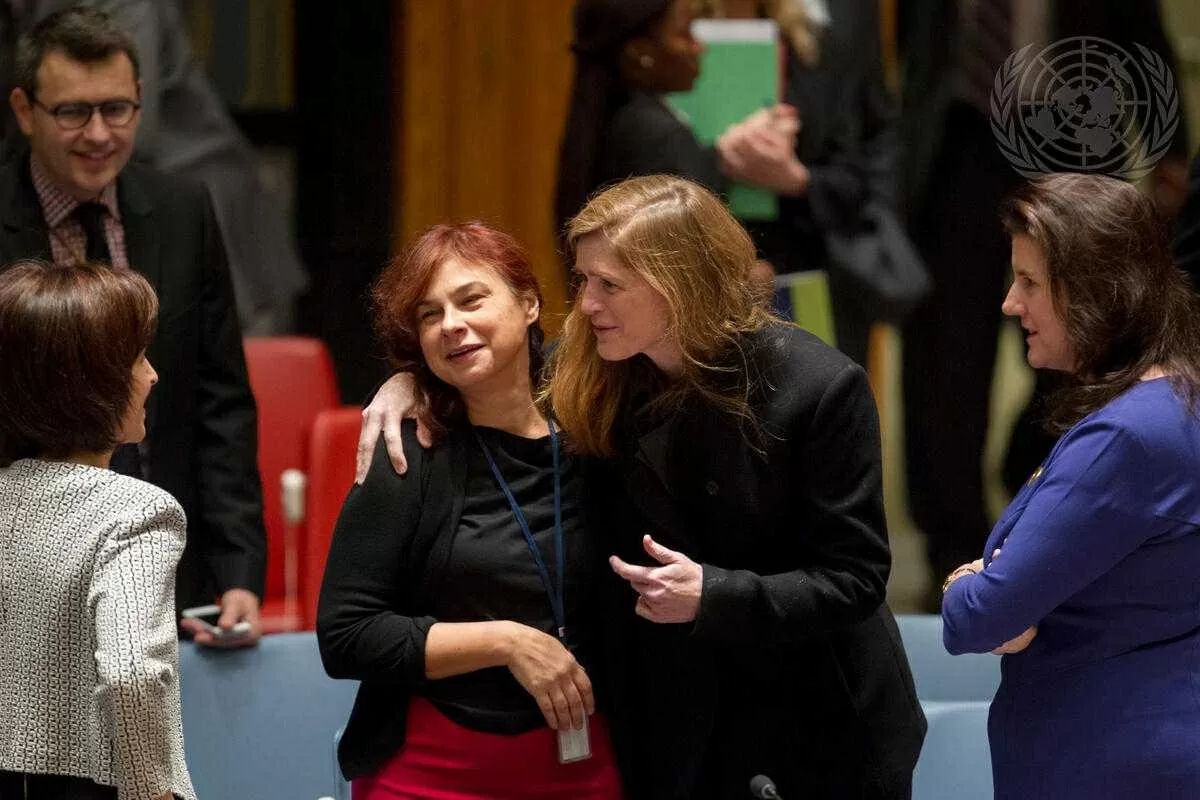
![[Photo] General Secretary To Lam and National Assembly Chairman Tran Thanh Man attend the 80th Anniversary of the Traditional Day of the Vietnamese Inspection Sector](https://vphoto.vietnam.vn/thumb/1200x675/vietnam/resource/IMAGE/2025/11/17/1763356362984_a2-bnd-7940-3561-jpg.webp)





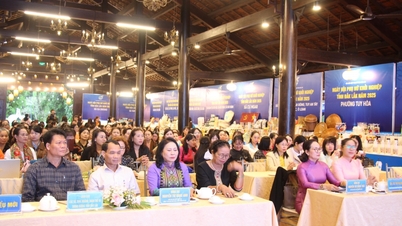



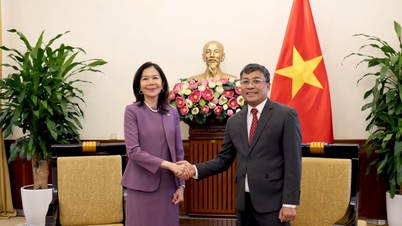



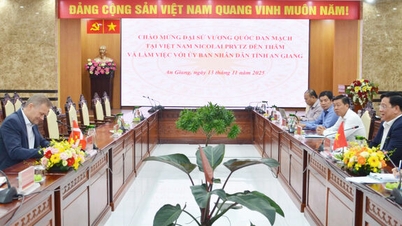

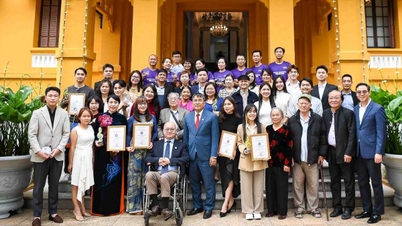
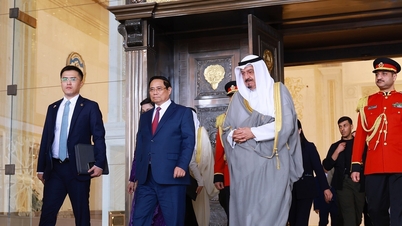

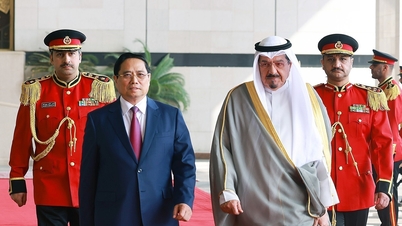
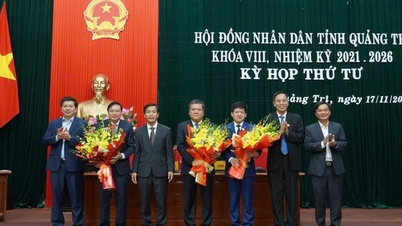

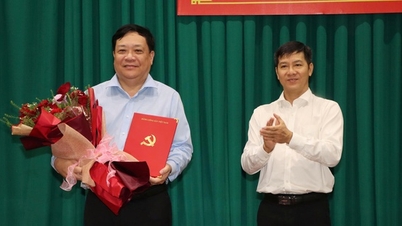
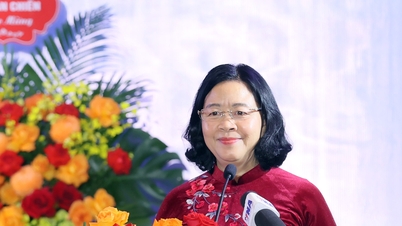
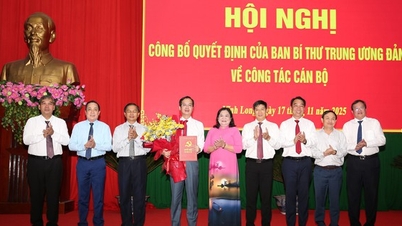





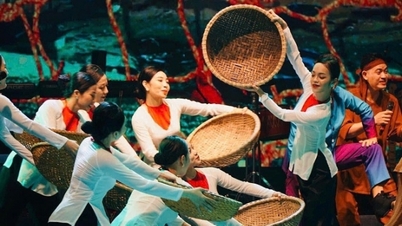
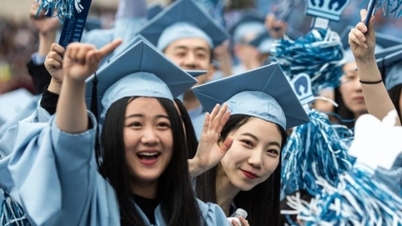

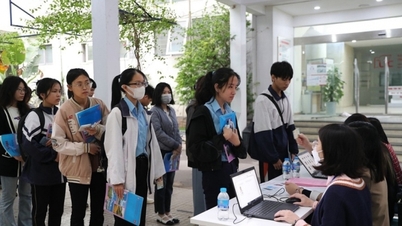
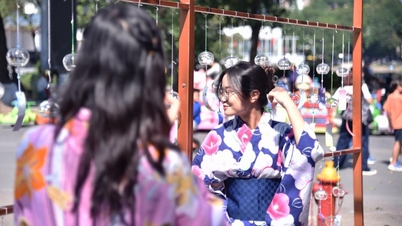






















































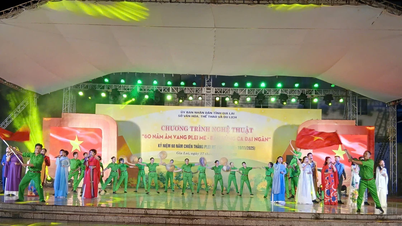

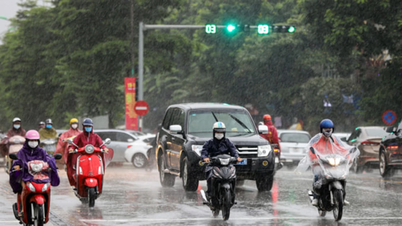















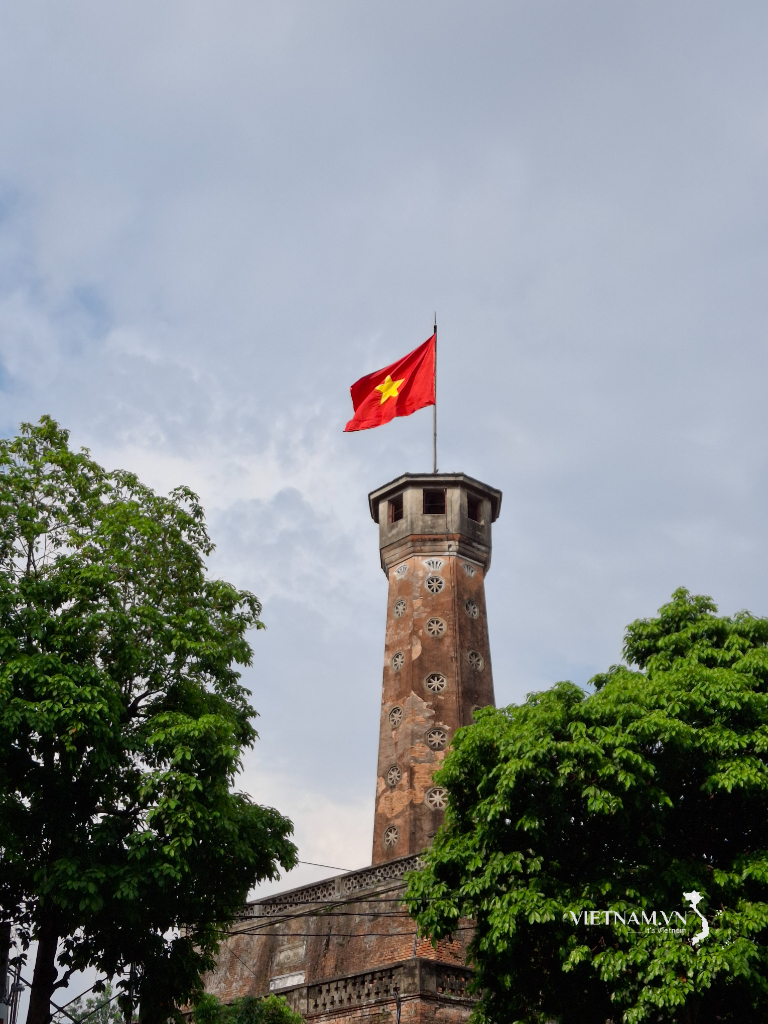


Comment (0)